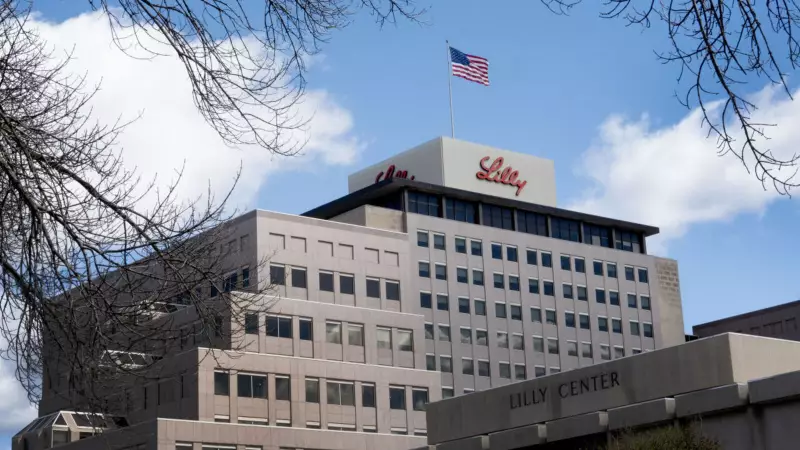
In a groundbreaking move that promises to reshape the pharmaceutical landscape, Eli Lilly and Company has announced a strategic partnership with technology leader NVIDIA to develop advanced AI supercomputers specifically designed for drug discovery.
The collaboration represents one of the most significant applications of artificial intelligence in the healthcare sector, combining Eli Lilly's extensive pharmaceutical expertise with NVIDIA's cutting-edge computing capabilities.
The AI-Powered Pharmaceutical Revolution
This partnership will leverage NVIDIA's DGX Cloud infrastructure and AI enterprise software to create supercomputing systems that can process massive datasets and complex biological information at unprecedented speeds. The technology will enable researchers to identify potential drug candidates, predict molecular interactions, and optimize clinical trial designs with remarkable efficiency.
"We're entering a new era where AI doesn't just assist drug discovery – it transforms it," said a senior executive familiar with the partnership. "This collaboration will allow us to analyze biological data in ways that were previously impossible, potentially cutting years off the traditional drug development timeline."
Key Benefits of the AI Supercomputing Initiative
- Accelerated Research Timelines: Complex computational tasks that previously took months can now be completed in days or even hours
- Enhanced Predictive Accuracy: AI models can identify promising drug candidates with higher precision
- Cost Reduction: Streamlined research processes lead to significant financial savings
- Personalized Medicine: Advanced analytics enable more targeted therapeutic approaches
Industry-Wide Implications
The Eli Lilly-NVIDIA partnership signals a major shift in how pharmaceutical companies approach research and development. As AI becomes increasingly integrated into drug discovery processes, the entire industry stands to benefit from faster development cycles and more effective treatments reaching patients sooner.
This initiative follows NVIDIA's growing presence in the healthcare sector, where its technology is being used for everything from medical imaging analysis to genomic sequencing. The collaboration with Eli Lilly represents one of the most comprehensive applications of AI in pharmaceutical research to date.
Industry analysts predict that such partnerships will become increasingly common as pharmaceutical companies race to harness the power of artificial intelligence. The competitive advantage offered by AI-driven drug discovery could potentially revolutionize how new treatments are developed and brought to market.
As this partnership moves forward, the healthcare community will be watching closely to see how AI supercomputing can deliver on its promise to transform drug discovery and improve patient outcomes worldwide.





